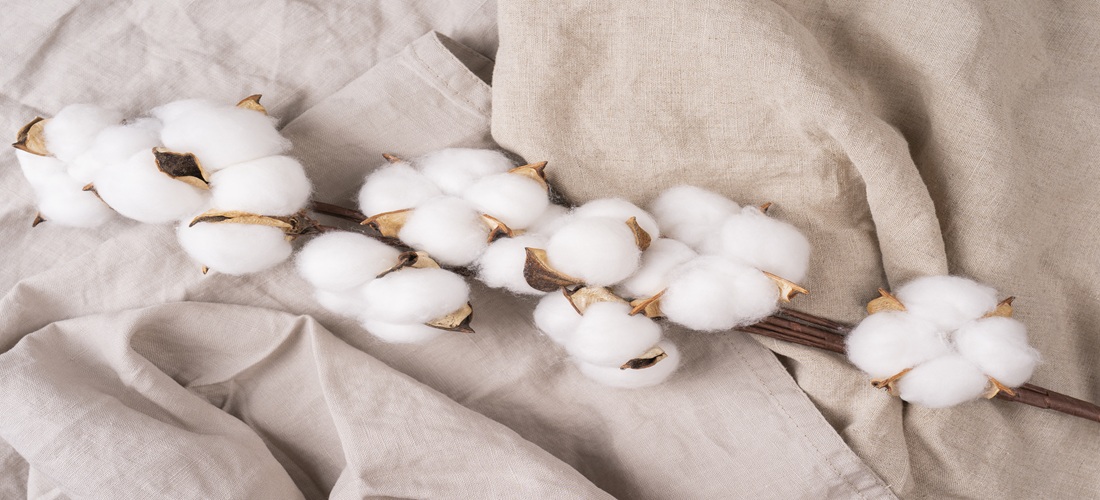
Brazil Leads Cotton Exports but Faces Climate Challenges
Mar, 27, 2025 Posted by Denise VileraWeek 202513
Brazil reached a historic milestone by becoming the world’s largest cotton exporter in the 2023/2024 season, according to data from the Brazilian Cotton Producers Association (Abrapa). However, the sector faces growing challenges due to climate change, which directly impacts the productivity and quality of Brazilian fiber.
The chart below features data derived from Datamar’s DataLiner. It shows the monthly export volume of cotton between January 2021 and January 2025.
Cotton Exports | Brazil | Jan 2021 – Jan 2025 | TEUs
Source: DataLiner (click here to request a demo)
Cotton production in the Cerrado region, which accounts for 70% of the country’s output, struggles with high temperatures, low humidity, and prolonged droughts. According to researcher Cornélio Alberto Zolin from Embrapa Agrossilvipastoril, the sector’s adaptation depends on three key factors: genetic improvement, soil management, and climate risk analysis.
Genetic improvement has been crucial in developing heat-resistant cotton varieties. “Cotton is sensitive to high nighttime temperatures, which affect fiber formation,” Zolin explains. In soil management, no-till farming and cover crops help retain moisture and mitigate water stress. The Agricultural Climate Risk Zoning (ZARC) system also enables farmers to determine the best planting periods to minimize losses.
Embrapa studies indicate that since 1961, the average temperature in the Cerrado has risen between 2°C and 4°C, while relative humidity has dropped by approximately 15%. Excessive heat accelerates the life cycle of pests like the cotton boll weevil and whitefly, requiring constant monitoring and the use of technologies such as drones and smart traps to reduce losses.
Farmers are investing in sustainable practices to combat climate impacts, such as the Crop-Livestock-Forest Integration (ILPF) system and biological pest control. “Crop diversification improves soil health and makes production systems more resilient,” says Odair Aparecido Fernandes, an expert in Integrated Pest Management at UNESP.
Socio-environmental certification has also become a competitive advantage for Brazilian cotton globally. Labels like the Better Cotton Initiative (BCI) ensure that production follows sustainable standards, adding value to the product.
In Minas Gerais, the lack of rainfall between February and March affected rainfed cotton fields, reducing yield potential. Lício Augusto Pena de Sairre, executive director of the Minas Gerais Cotton Producers Association (Amipa), highlights that farmers faced shorter cycles and losses in flower bud formation. “We are encouraging practices such as no-till farming and increasing soil organic matter to minimize the impacts,” he says.
With climate challenges expected to persist, the cotton sector is betting on innovation and sustainability to maintain its competitiveness in the global market.
Source: Agro Link
-
Other Cargo
Mar, 05, 2025
0
Brazil’s machinery exports to UAE increase
-
Grains
Apr, 10, 2023
0
Trains with soybean cargo are looted on their way to Port of Santos
-
Fish
Oct, 23, 2024
0
Ag Ministry announces end of International Certification requirement for fish exports to US
-
Ports and Terminals
Sep, 08, 2023
0
Port of Santos climbs one position in global container ports ranking



